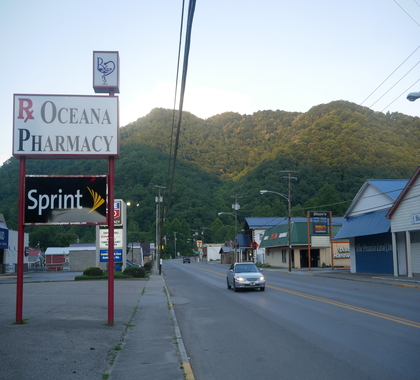Fix Michigan’s roads and bridges could require a gas tax hike closer to 80 cents a gallon than to the 45-cent increase sought by Gov. Gretchen Whitmer, the state’s Transportation Director said, states The Detroit News.
“We’ve dug ourselves such a huge hole that if you really want to take care of the problem, you’re almost going to be talking close to 80 cents a gallon. And that’s just not realistic,” Michigan Department of Transportation Director Paul Ajegba said at a town hall in East Lansing on September 24, The Detroit News reported October 18.
The Detroit News states that it reviewed an audio recording of the event, which was first reported by the Spartan Newsroom, a publication of Michigan State University’s School of Journalism, on October 2.
‘Fix the Damn Roads’
Ajegba’s remarks highlight Whitmer’s struggle to find the $2.5 billion annually she has said is necessary to “fix the damn roads”—the pledge she made in the campaign that led to her election in November 2018.
Gov. Whitmer initially proposed raising the state’s gas tax by 45 cents per gallon, from 26 cents to 71 cents, which would have given Michigan the highest such tax in the country. But the highly unpopular gas tax has gotten nowhere in the legislature, forcing her to look for other ways to raise the revenues.
Whitmer has also voiced support for a progressive income tax, The Detroit Free Press reported July 24. “That’s something that certainly I’ve supported in the past and something that I would take a close look at,” Whitmer said.
Voters would have to approve a change in the state constitution to institute a graduated tax, says James Hohman, director of fiscal policy at the Mackinac Center for Public Policy
“This is not the first time progressives have wanted to change the state constitution to allow for a graduated income tax, and all previous attempts have failed,” Hohman said. “I don’t see the kind of support from voters they would need to get a different result this time.”
Road Funds Diverted
Not all the $2.5 billion sought by the governor would actually go to upgrade the roads. Under the 45-cents-per-gallon fuel tax hike, $600 million of the new revenue would be diverted to schools and the environment, while 22.7 percent would be allocated to the state’s School Aid Fund, says Craig Rucker, president of the Committee for a Constructive Tomorrow.
“The underlying assumption of the hike in the fuel tax and the introduction of a graduated income tax is the revenues raised will actually go to fix roads, bridges, and other vital transportation infrastructure,” Rucker said. “But we already know money would be diverted under both schemes.
“And how much of the money that does go to roads will wind up financing bike lanes, bike paths and other politically fashionable projects,” Rucker asked. “Michigan’s taxpayers deserve a full accounting on how their money is going to be spent.”
Bonner R. Cohen, Ph. D. ([email protected]) is a senior fellow at the National Center for Public Policy Research.





